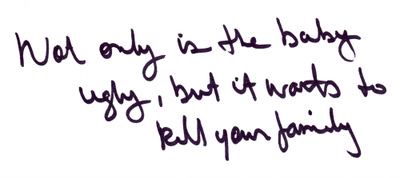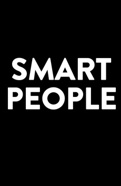Smart People Playwright Lydia R. Diamond on Why She Needs a Dictionary App & How Obama Made Her Up Her Game

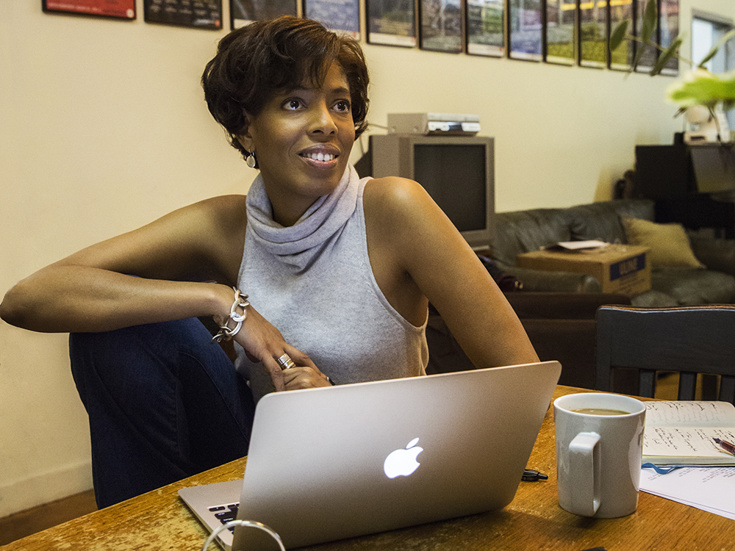
(Photo by Caitlin McNaney)
Lydia R. Diamond is probably best known to New York audiences for her play Stick Fly, which was produced on Broadway during the 2011-2012 season. Her other award-winning plays—including Harriet Jacobs, The Bluest Eye, The Gift Horse and Voyeurs de Venus—have been seen across the country. The playwright sat down with Broadway.com in the Green Room at Second Stage, where her work Smart People, directed by Kenny Leon, opens on February 11.
What time of day do you get your best work done?
Midafternoon. I think I'm going to get my best work done at six o'clock in the morning. I say to myself the night before, "I'm going to get up at six and go to Starbucks and start writing!" I usually get there by about two. When I'm on a real roll or under a scary deadline, I can go from two until 11 or something. I get a babysitter.

Was there a specific event that inspired Smart People?
What inspired Smart People was that there were a lot of plays by white men coming out that were kind of musing about race. Race is what I do: race and gender, sexuality and class. [Smart People] is a play about love and family and relationships—because it can't be a play if it's not about those things first. I decided I'm going to write about [race] boldly and without fear yet just as funny and quirky and with characters just as flawed as they always are. I was like, "You know, I'm going to write a play that very clearly doesn't have an ax to grind."
How long did it take you to write this play?
It was a good eight years. Three years into writing it, Obama won the election and it changed the way we talk and think about race. It made me up my game. It also changed everything about what this play wanted to be, and it took me a while to catch up. I thought I knew how to talk about race—I had that down. I can't do a panel or an interview without talking about race and this asked me to look at it with a more open mind and also up the stakes in an interesting way.
What play changed your life?

What essential items do you like to have with you when you are writing?
My pen, my notebook. If there's some kind of research—for [Smart People] it was stacks and stacks of studies and science stuff. I also have my cell phone and on it I have my dictionary app. It's funny because my characters are always smarter than I am. It's like I'm channeling them and they have a tendency to use words that I don't know. So after I've finished writing, I make sure that they use those words correctly. They almost always do. It's weird.
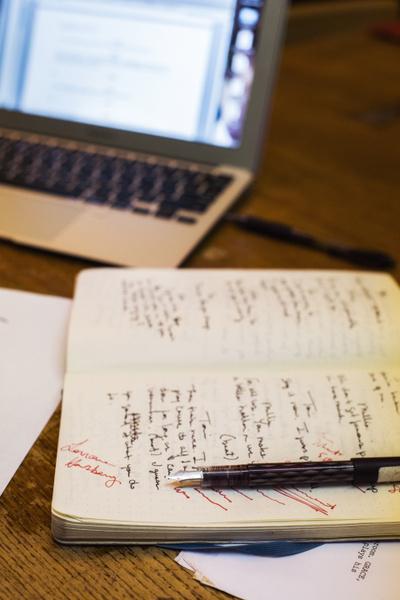
What's the best piece of advice you've ever received about writing?
There are two things: One is less about writing and more about having a career in writing; my mentor in Chicago, Chuck Smith, reminded me to always have plays happening at small storefront theaters as much as I'm having plays at theaters like Second Stage. I found keeping the relationships with the smaller companies helps me to not write in a vacuum. To have a place to develop work in which the stakes aren't so high that I'm thinking first about my audience and not about my work. But also there is a political piece to it that feels right. As for writing advice, it’s just keep writing. Be rigorous as much as possible all the time even if it's to no end.
What writers inspired you?
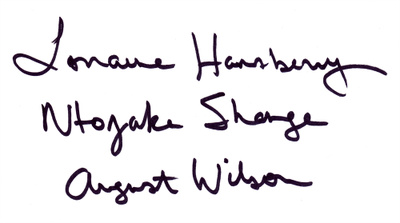
What's the nitty-gritty hard work about being a playwright that no one ever told you?
For me, it's leaving the rehearsal process. I started as an actress and I don't know if that's why, but I feel as though I write to get to have these three weeks [of rehearsals]. The most valuable and precious thing is to be in a room with actors and a director and be collaborating and making the play better in real time. It is slightly heartbreaking the day I realize that they don't need me anymore. I feel like Cinderella leaving the ball. The other thing is actually the writing. I find it exhilarating when I get into the groove, but I find being able to get to that place harder and harder. I think it's just life: You get older, and you could call them distractions, but I've tried to reframe it so it doesn't feel like intrusions and so I acknowledge that it is just life. I have a son that's on the autism spectrum, and I have a world that is full and loud—how this quiet solitary thing fits in can be tricky. But the flip side of it is that my big loud life informs my work in a way I didn't know it would.

Do you write for a specific audience?
No. I answer that almost defensively because I think it's so important. Now I would say that I write sometimes understanding that I'm communicating with an American audience and that we come to the table with all of our hang-ups about race, sexuality and class. I want my writing to always be entertaining and not didactic. So to that degree it would kind of be precious to say, “Oh no, I absolutely write in a vacuum of not knowing who I'm writing for.” My eyes are wide open as to the kind of reflex way we defend ourselves or protect ourselves around these things we have such a hard time talking about in America.
What do you think all aspiring playwrights should do?
They have to write all the time and not be afraid to tell the stories that are there. There's this tendency to think that if I'm a white boy from the suburbs and I grew up in a home with two parents that I don't have deep dark thing to write about. Or if I'm a black woman who grew up with privilege or a young man—you know, whatever. We have the tendency to think our stories—if they aren't full of adversity in a very tangible way—are not compelling. I think that what we enjoy seeing are plays that are honest and interesting. Don’t be afraid of who you are. Go to lots and lots of theater and read lots and lots of plays. Also, always hear plays out loud as often as possible. Write the scene, invite some actors to come over, order some pizza, hear the scene. I think that's really important.
What's your favorite line in Smart People?
